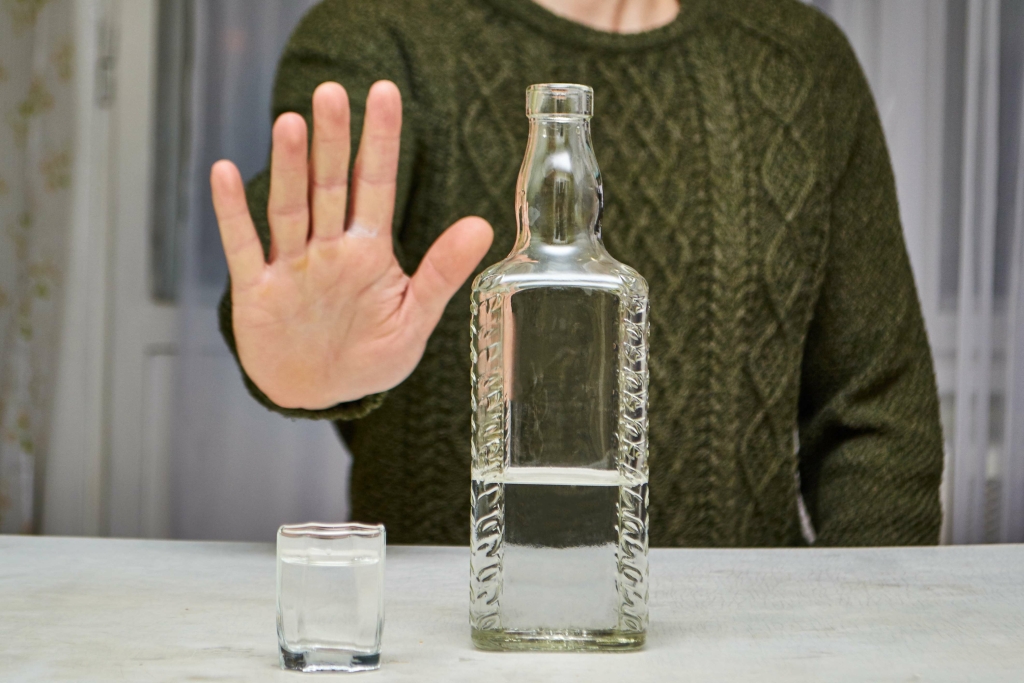One of these types, termed Awkward/Inhibited by researchers, was characterized by feelings of inadequacy and powerlessness. If your mom or dad is ready to get control of their drinking, finding a treatment option that works for them is the most important step. Some treatment options that your mom or dad might consider include medication, support groups, or structured rehab programs. If you are still a minor or young adult, seek out the support of a trusted adult before you talk to your parents about their drinking.
Options for Addiction Treatment
- Recognize the patterns of these behaviors to understand the root cause and help you or your loved ones find support.
- Perhaps to avoid criticism or the anger of their parent with AUD, many children tend to become super-responsible or perfectionistic overachievers or workaholics.
- Unfortunately, alcoholism doesn’t just impact the person with the alcohol addiction.
- Set boundaries if you need to, including boundaries about whether you will spend time with your parents when they are drinking.
- Still, knowing more about AUD and the biology of addiction can help you better understand why it might be challenging for your mother or father to stop drinking.
Research suggests that about one in 10 children lives with a parent who has an alcohol use disorder, and about one in 5 adults lived with a person who used alcohol when they were growing up. Parents with an AUD may have difficulty providing children with a safe, loving environment, which can lead to long-term emotional and behavioral consequences. If your family is affected by alcohol use, it is important to seek help. In addition to therapy, joining support groups and engaging in online resources can make a significant difference in your journey.
Support for Families of Alcoholics
- And if it would make you more comfortable, ask them to be there with you during the conversation.
- You shouldn’t feel obligated to help your parent if you feel like it’ll be detrimental to your life.
- You should always prioritize your own health and well-being.
It’s essential for you to identify the signs of abuse and neglect in households with alcoholic parents. Adult children of alcoholics can suffer from various mental health issues, including depression http://pharmacologylib.ru/news/item/f00/s06/n0000696/index.shtml and substance abuse. Recognize the patterns of these behaviors to understand the root cause and help you or your loved ones find support. Family therapy plays a crucial role in the recovery process, as it helps family members understand the effects of addiction and develop healthier coping mechanisms.
Follow us on social media

They may also offer family therapy or other treatment practices as necessary. In addition, treatment providers can also recommend and prescribe medications as needed. Nar-Anon is based on the the Al-Anon model, only Nar-Anon is complementary to Narcotics Anonymous. Although Nar-Anon is primarily focused on helping those whose families have been impacted by drug use, they also offer support for family members of those impacted by alcoholism.

Just because your parent is unwilling or unable to change does not mean that you cannot dramatically improve your own life, emotional well-being, and physical health. There are many resources and support groups out there that specialize in helping the children and other http://shalala.ru/Evanescence/song/269095/ family members of alcoholics. Children with alcoholic parents often have to take care of their parents and siblings.
If your parent has AUD, you may be more likely to act without planning or considering potential consequences. This impulsivity may stem, in part, from witnessing a parent make decisions in a similar way. Included below are a list of guidelines that may help you improve the outcome of any conversation with your parent.

Substance use disorders harm a person’s health, and change the way they act. It’s not easy living with someone who has a substance use problem. American Addiction Centers (AAC) is committed to delivering original, truthful, accurate, unbiased, and medically current information. We strive to create content that is clear, concise, and easy to understand.

- According to White, this may happen partly because children often learn to mirror the characteristics of their parents.
- A parent’s alcohol use disorder (AUD) can have a major impact on your mental and emotional well-being — not just in your childhood, but also well into your adulthood.
- They show up as anxiety, depression, substance abuse, stress, anger, and relationship problems.
- A support group or therapy can help you learn how to avoid this risk.
- If you or someone you know is experiencing any of these issues due to an alcoholic parent, it is important to seek professional help to address and manage these challenges.
- Seeking support from others who’ve been in your shoes is extremely helpful during the healing process.
Remember that alcohol use disorder is a disease, not a lack of willpower. Couples therapy can also have benefit, according to White, if you believe behaviors rooted in your childhood experiences have started to affect your romantic relationship. Conversely, Peifer notes that some children who grow up in these environments may become more attention-seeking in order to fulfill the needs their parents couldn’t meet. They might eventually form unstable or unhealthy attachments to others, partially because these bonds feel familiar. If you’re worried about your parent’s drinking, know that you’re not alone. Many people, both children and adults, have https://uggsforwomen.net/peer-pressure-and-teenage-fashion.html concerns about their parent’s drinking habits.


